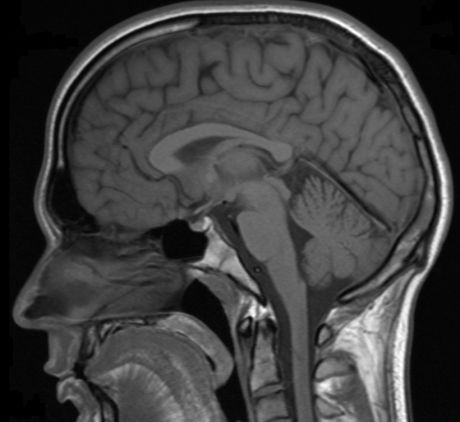Understanding how the brain works can help medical science diagnose and treat a variety of diseases and conditions from ageing to depression. Neuroimaging holds much promise in this respect, particularly since neuropsychiatric disorders affect over a third of the population and cost Europe over EUR 800 billion each year. Against this backdrop, the EU-funded
BRIDGE (Brain & behaviour interdisciplinary research) project is advancing research and training in brain and behavioural sciences, focusing particularly on neuroimaging methods for cognitive and affective processes in the brain.
To achieve its aims, the project is awarding competitive fellowships to young postdoctoral researchers in order to research unique topics by combining different disciplines. The multidisciplinary research is focusing on neural and psychological bases of human behaviour, mental function and affective processes, as well as exploiting the latest innovations in cognitive neuroscience.
Already, BRIDGE has launched three calls for research projects, offering fellowships to 29 researchers from 11 countries. Several of these fellows are currently working on different topics related to the human brain and mind, including social communication, motor expression, anger, humour and emotion regulation.
Project results could introduce new approaches to diagnosis and treatment, offer new insights into human nature, and reveal valuable findings on the mind to benefit industry, employment and education. Many of the project's results have been disseminated to relevant players through journals and international conferences, with more research to be published before the end of the project. The emerging knowledge will no doubt be valuable for research and innovation in Europe.

